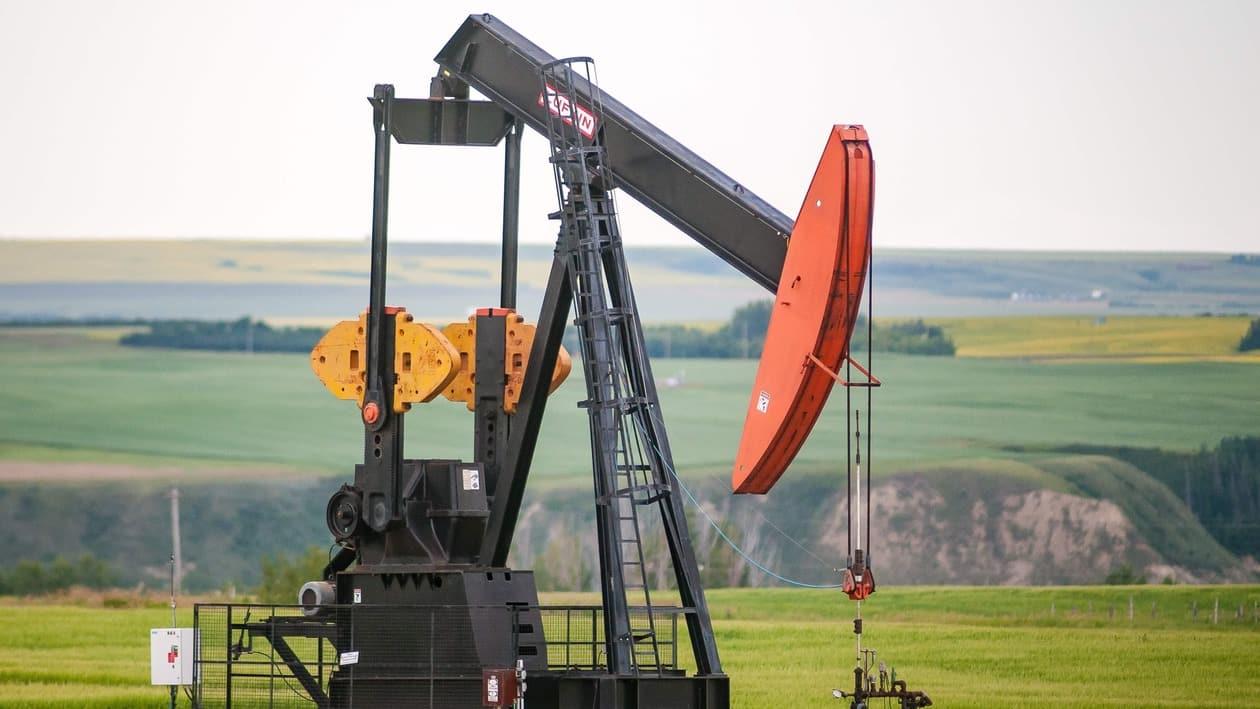Commodities play a crucial role in the growth of every economy and are hence essential building elements. Commodity investments can help you diversify your portfolio away from stocks and bonds and improve your overall results. The key to successful investing is diversification.
While the great majority of investors put their money into equities and debt funds, commodities are often overlooked as an asset class. Many of you have the impression that the commodities market is complicated and hence not something that everyone can participate in.
Commodity investments, however, may in turn provide greater returns. While commodities investment may not fully remove risk, it does provide investors with a safer advantage during times of inflation and economic uncertainty.
Let us discuss the benefits and intricacies of investing in the commodity market.
Benefits of Commodity Market
Diversification
When contrasted to stock and bond market returns, commodities market returns are inverse, since stock and bond market returns weaken amid a rise in market prices of products. Investing a certain percentage of one's investment portfolio in commodities can enable individuals earn a high return on investment (ROI) even during a stock market slump, allowing them to compensate for reduced or negative capital sector earnings.
Substantial Returns
While certain items are recognised for their consistency, many commodities are very volatile depending on economic and capital market situations. Crude oil is a great example of a volatile product, whose price fluctuates owing to supply variations, mining issues, or socio-economic circumstances.
Margin Trading
In comparison to stock and bond market transactions, commodity brokers charge a lesser margin for trading. In essence, it allows hedgers and speculators to benefit from the transaction by enabling them to trade on borrowed money (according to SEBI restrictions). While commodities dealers who take physical delivery might gain from bulk orders with the prospect of reimbursement later, speculators profit more from such bets.
Limitations of Commodity market
Higher Risks
The commodity market is very turbulent, since changes in producing capacity, demand, or changing societal situations all have an immediate impact on pricing. Because of the high volatility, forecasting the movement of commodity prices can be difficult, resulting in significant losses for investors due to unanticipated market events.
Individuals must therefore be well-versed in both the internal workings of an economy and external variables such as international commerce before engaging in commodity trading. In order to reduce the risk even more, demand and supply patterns should be considered.
Limited Returns
Unlike the stock and bond markets, where dividend yields and coupon payments are paid on a regular basis, commodities investments can only produce capital gains. Hence, the returns here are limited to a greater extent.
Non- Predictable
The conventional wisdom holds that the prices of stocks and commodities have a low to negative connection. As previously said, when stock prices are down, commodities prices tend to rise. This hypothesis or assumption, however, did not hold true during the 2008 financial crisis, when commodity prices, such as gas and oil, plummeted precipitously along with stock prices.
In the aftermath of the financial crisis in 2008, there was a reduction in total commodity demand, which resulted in widespread unemployment, further halting output.
Commodities are a diverse asset class that provides investors with a significant investing opportunity. Given the increasing inflationary pressures and market volatility, allocating a modest percentage of your portfolio to commodities can assist improve your overall investing performance.
Commodity investing may appear overwhelming, and you may be afraid to explore your choices, but with the appropriate assistance from an experienced financial adviser, you can grasp the complexities of commodity markets and make the best investment selections for your requirements.
